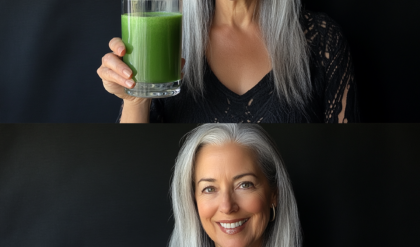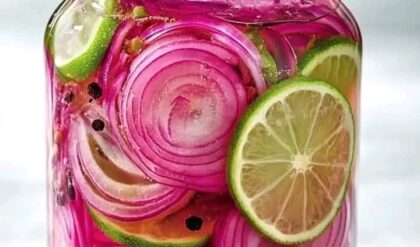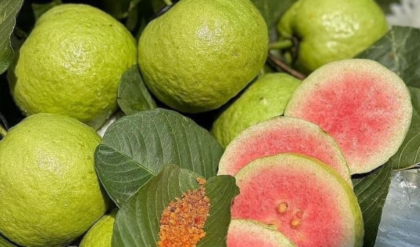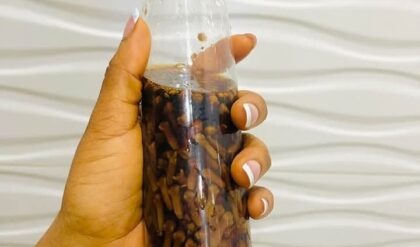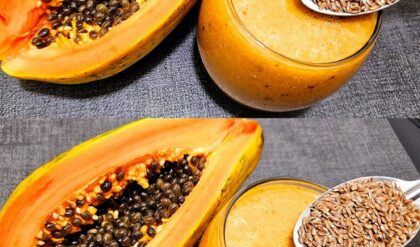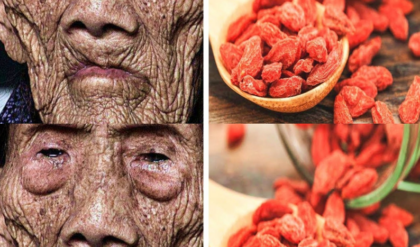Using Colgate toothpaste for face whitening, especially in combination with lemon, is a popular DIY remedy that many people try, but it’s important to approach this with caution. While Colgate toothpaste and lemon have certain properties that could theoretically affect the skin, there are potential risks to your skin that need to be considered. Below is a breakdown of what you should know before trying this remedy:
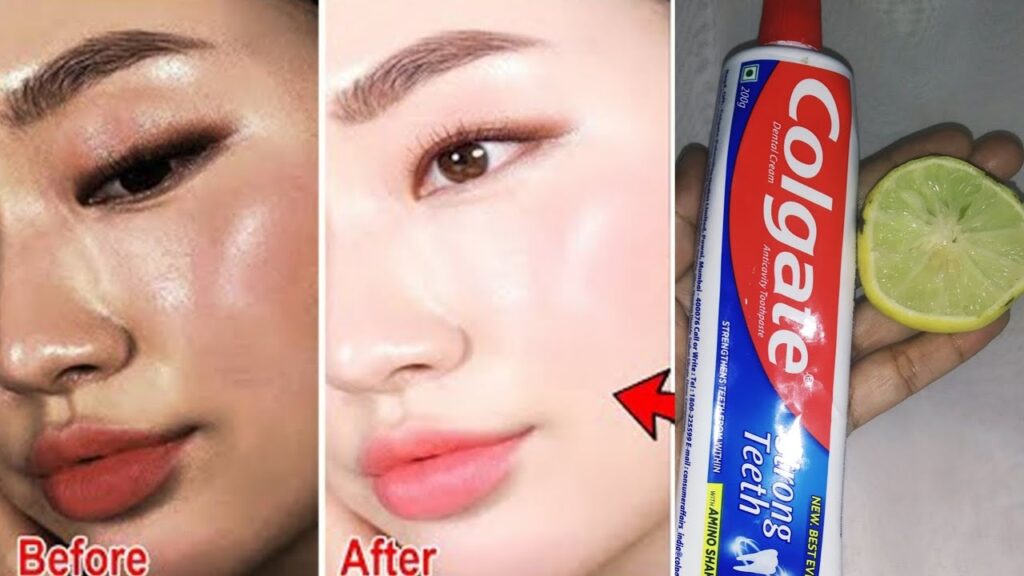
Why People Use Colgate Toothpaste for Skin Whitening
Colgate toothpaste is often associated with brightening effects due to its ingredients. Toothpaste contains abrasive agents that are designed to remove plaque from teeth. This abrasive property might lead people to believe it can exfoliate the skin and brighten the face by removing dead skin cells. The idea is that by exfoliating the skin, it could reduce dark spots or even out the skin tone. However, this claim is not supported by scientific evidence, and using toothpaste in this manner can have potential downsides.
Why Lemon is Used in DIY Skincare
Lemon juice is often included in DIY skin care recipes because it is rich in vitamin C, which is known for its brightening and antioxidant properties. Additionally, lemon contains citric acid, which is an alpha hydroxy acid (AHA), meaning it has exfoliating properties and may help remove dead skin cells. However, citric acid can also make your skin more sensitive to the sun and may cause irritation, especially when used in combination with other harsh ingredients like toothpaste.
Potential Risks of Using Colgate and Lemon on Your Skin
- Skin Irritation: Toothpaste is designed for oral use and contains ingredients that may be too harsh for sensitive facial skin. Toothpaste often includes substances like sodium lauryl sulfate (SLS) and other abrasives, which could irritate your skin, especially when left on for prolonged periods.
- Lemon Sensitivity: Lemon juice can be highly acidic and may cause a burning sensation or lead to skin irritation or redness, particularly if you have sensitive skin. It can also increase your skin’s susceptibility to sunburn, leading to hyperpigmentation.
- Dryness and Peeling: Both Colgate toothpaste and lemon juice can strip your skin of its natural oils, leading to dryness, peeling, or excessive irritation if used frequently.
- Uneven Results: While some individuals may see slight improvement or brightening effects from this combination, others may experience adverse reactions such as dryness, redness, or even breakouts due to the abrasiveness of toothpaste and the acidity of lemon.
How to Use Colgate and Lemon Safely (If You Still Want to Try It)
If you still want to try this DIY remedy despite the risks, here are some important tips for doing so safely:
- Patch Test First: Before applying any mixture of Colgate toothpaste and lemon juice to your face, test it on a small area of your skin (like your inner wrist or behind your ear) to ensure you do not experience an adverse reaction.
- Limit Application Time: If you decide to use this mixture, apply it sparingly and leave it on for no more than 5-10 minutes. Do not leave it on overnight, as this can lead to significant irritation.
- Use a Moisturizer Afterward: After rinsing off the mixture, apply a gentle, hydrating moisturizer to your skin to replenish any moisture lost during the treatment.
- Use Sunscreen: Both toothpaste and lemon juice can make your skin more sensitive to the sun, so it’s essential to apply sunscreen every day when using this remedy.
- Consider Other Alternatives: Instead of using toothpaste, there are safer, more effective products specifically formulated for skincare that can help with brightening the skin. Look for gentle exfoliants, vitamin C serums, and other skincare products that can improve skin tone without the risk of irritation.
Conclusion
While Colgate toothpaste and lemon juice may offer temporary brightening effects, the risks of skin irritation, dryness, and damage to your skin outweigh the potential benefits. It is advisable to consider safer, dermatologist-approved methods for skin whitening and brightening. If you’re looking for a natural alternative, there are other skincare ingredients such as aloe vera, honey, or turmeric that are known for their gentler effects on the skin and may help brighten the complexion over time. Always consult a dermatologist if you’re uncertain about the best skincare practices for your skin type.
